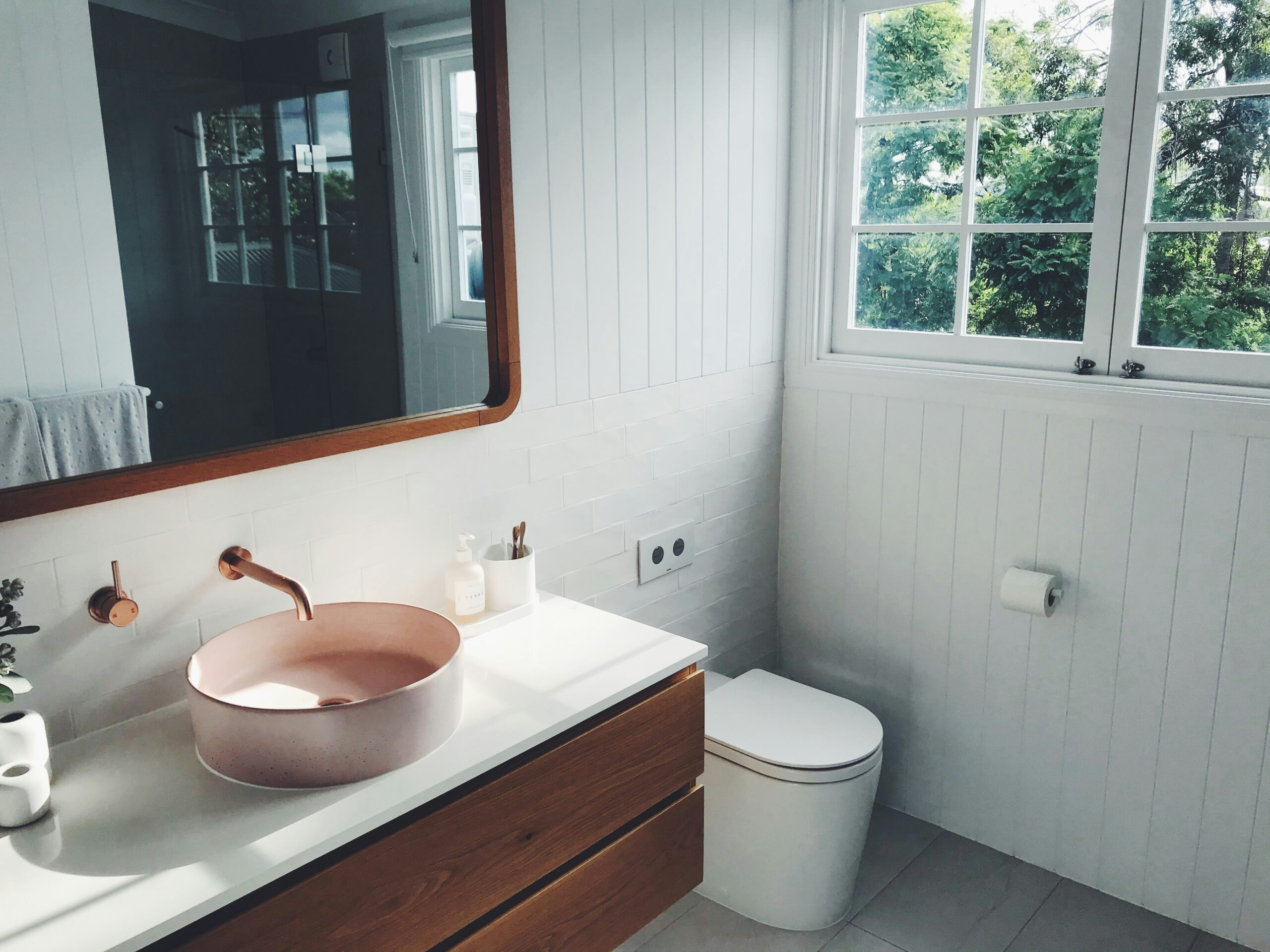An anal fissure is a classic medical case where there is a tiny cut or crack in the skin near the anus. It traditionally emerges when one passes tough or considerable stools while using the toilet.
Customarily, obtaining an anal fissure means feeling uneasiness and pain, and sometimes you may detect blood after using the bathroom. These matters can emerge from miscellaneous factors, like lasting hard stools, chronic loose stools, sicknesses that swell the bowels, or wounds from giving birth.
Medical teams mainly uncover what's wrong by checking the organism and asking about previous health dilemmas. Treatment can be mundane, like making alternations to what you eat to include more fiber or using creams on the skin, or they can be more assertive with injections of a particular poison or operations.
It is critical to unearth anal fissures soon so that complications do not happen and life does not deteriorate.
Medical pros routinely identify anal fissures in their profession–it is a matter that a plethora of people of different ages and places can have. The number of cases proves that this condition is common among people.
Research shows that how often entities obtain anal fissures varies between miscellaneous clusters of persons and their locations. The food one consumes, how one lives, and any health issues one has developed can impact whether this condition emerges.
Many times, patients do not talk about having an anal fissure because they feel abashed or they hesitate to get advice from a medical expert. Thus, it is vital to tell more people about this dilemma and encourage them to get medical services soon. Early aid can lighten symptoms, halt complications, and enhance overall wellness.
Anal fissures are customarily not potent![]() , but without treatment, they can cause much hurt and alter your quality of life. While these tears in the anal sector aren't directly threatening to one's life, neglecting them can lead to bonus complications.
, but without treatment, they can cause much hurt and alter your quality of life. While these tears in the anal sector aren't directly threatening to one's life, neglecting them can lead to bonus complications.
If you get anal fissures routinely, or if they stubbornly return, there is an elevated threat of experiencing complications such as infections or abscesses around the anal sector.
Consistent pain, spotting blood, or having challenges during bowel movements can considerably impact your daily tasks and emotional prowess. If you have anal fissures, they can lead to other matters, such as fistulas or enormously enlarged hemorrhoids requiring advanced medical services.
Thus, visiting a physician's clinic for these fissures halts extra problems and improves your prognosis.
Anal fissures traditionally come from a compromised soft inner layer of the anus. This sort of injury customarily arises when someone passes hard or big stools while going to the bathroom, causing tears in the skin.
Repeated matters with moving bowels can lead to it, as the complex and dry feces press firmly against the nearby zone of the anal opening.
Similarly, repeated bouts of loose stools may also form little rips around this sector due to them causing irritation and inflammation inside the anal way.
Entities who have bowel problems like Crohn's disease or ulcerative colitis may get anal fissures more times because these diseases cause long-term swelling and sores around the rectum and anus zone.
What's more, females who give birth through the vagina can encounter this issue due to damage from childbirth, similar to those who engage in anal intercourse.
And lastly, when people get older, their anatomy and how well the anus performs can deteriorate, making them more likely to develop tears in that area.
Miscellaneous features may make a person more vulnerable to getting anal fissures:
Unearthing these risk traits and taking tactical measures is critical for decreasing the chances of having an anal fissure.
When you suffer from an anal fissure, it typically causes discomfort and pain. You may notice blood during or after using the toilet. The discomfort may seem like a sharp slice or flames lingering for many hours post restroom usage.
Individuals might experience itchiness or unease around the back opening. Sometimes, when you finish using the toilet, you may see tiny red blood spots on the tissue paper or inside the bathroom.
Fissures near the bottom can cause spasms in the muscles that control this body part, in addition to pain and bleeding. Passing stool becomes more complex and uncomfortable, which can negatively impact an individual's daily living and well-being, prompting a visit to a physician for diagnosis and assistance.

If anal fissures do not get treatment or they happen often, problems might come up.
For example, the fissure could become a long-lasting condition that does not heal properly and requires more assertive treatment to improve.
Persistent anal cracks might result in a little flap of skin growing close to where the crack is. This additional skin can be uncomfortable or difficult to maintain cleanliness.
Moreover, when a person often feels discomfort and pain because of anal fissures, it dramatically affects how well they enjoy life by causing worry and stress.
Sometimes, these tears may become infected, causing redness, puffiness, and fluid to leak out. Without treatment, the symptoms might worsen and slow recovery.
Also, ignoring anal fissures can lead to more problems in the anal area, like fistulas or abscesses![]() that could need medical help or an operation.
that could need medical help or an operation.
To check for an anal fissure in a patient, the doctor will look at their health background and do a physical check-up. The doctor asks about signs like hurt, blood while using the toilet, or unease when passing stool. They might ask what you typically eat, how often you go to the bathroom for stools, and if essential health issues should be considered.
The physical check-up includes carefully examining the area around the anus to search for any signs of fissure, like tiny cuts or breaks on the skin surface. The healthcare professional might use a unique tool known as an anoscope to see better inside the anal passage. The device is gently inserted into the rectum to examine any abnormalities.
Sometimes, more tests might be needed to make a sure diagnosis or to look for other reasons for the symptoms. It could involve something called a digital rectal exam where the doctor puts on gloves and uses lubricant to gently put their finger into the rectum to check if there is anything unusual. There exists a different method called examination under anesthesia where the patient is sleeping because of medication, and this lets doctors examine the anal area with better detail.

To treat anal fissures, usually one must apply simple methods and sometimes also require medical treatments. Simple techniques are like changing what you eat to have more fiber, which helps make the stool softer and maintains regular bowel movements. Lowering stress and tightness in the area around the anus can assist in healing minor cuts. Drinking lots of water is vital for staying hydrated and making stools softer.
Medications for the skin that you can get without a prescription, like creams or ointments containing lidocaine or hydrocortisone![]() , are helpful to lessen pain and irritation from minor fissures near the anus. You put these medications right on top of where it hurts to lower swelling and assist in recovery.
, are helpful to lessen pain and irritation from minor fissures near the anus. You put these medications right on top of where it hurts to lower swelling and assist in recovery.
Should treatments that do not involve aggression not work, or the crack is terrible and keeps being there, doctors might need to step in with medical actions. They could give shots of botulinum toxin, which makes muscles near the bottom loose and helps fix the crack. A different technique known as sphincterotomy![]() involves creating a tiny incision in the muscle of the anal sphincter to decrease tension and help the fissure recover.
involves creating a tiny incision in the muscle of the anal sphincter to decrease tension and help the fissure recover.
Sometimes, surgery might be necessary to fix the tear when other ways do not work well. This process can involve removing the broken part or using good tissue from nearby areas to patch up the torn area and help it heal.

Many times, individuals with anal fissures experience a good outcome when they get quick and correct treatment. Commonly, simple steps such as changing what you eat, using creams or ointments on the sore area, and adjusting how you live can help heal these splits. Many people see their symptoms get much better with these treatments, and often, the fissure will heal after a few weeks or months.
Sometimes, the way we look at the problem can change. It might be because of how bad or long-lasting the crack is, other health issues a person has, and how they react to treatment. Now and then, these anal cracks might keep coming back or not go away quickly, so it's essential to keep checking them regularly to stop symptoms from getting worse or causing more problems.
If you get medical help quickly and use intense treatments like injections of botulinum toxin or operations, there is an excellent chance to heal from anal fissures well. These methods make the healing go faster, lessen hurt and discomfort, and lower the chances of more problems.
When you obtain an anal fissure, it is decisive to understand the right time to get urgent help from a doctor.
Traditionally, these tears do not require a quick reaction, but sometimes, you must seek immediate medical services. If you keep losing a lot of blood from your backside, feel very dizzy and weak, or start to faint, it is then when you need to get medical assistance.
On top of that, if sudden stabbing pain around your bottom comes with high fever and shivering, like when you are sick, you must see a doctor immediately.
Lastly, imagine matters such as an elevated temperature, much swelling or redness in the lower backside, or troubles when trying to pee and manage poo activities. In that scenario, it is critical to obtain assistance from doctors quickly. These signs may reveal an urgent health dilemma that needs quick unearthing and medical workers' care.
To countermeasure getting anal fissures, it helps to change how you live and what you eat:
Practicing routine tactics to countermeasure sickness may lighten the threat of developing anal fissures and aid in maintaining digestive prowess.